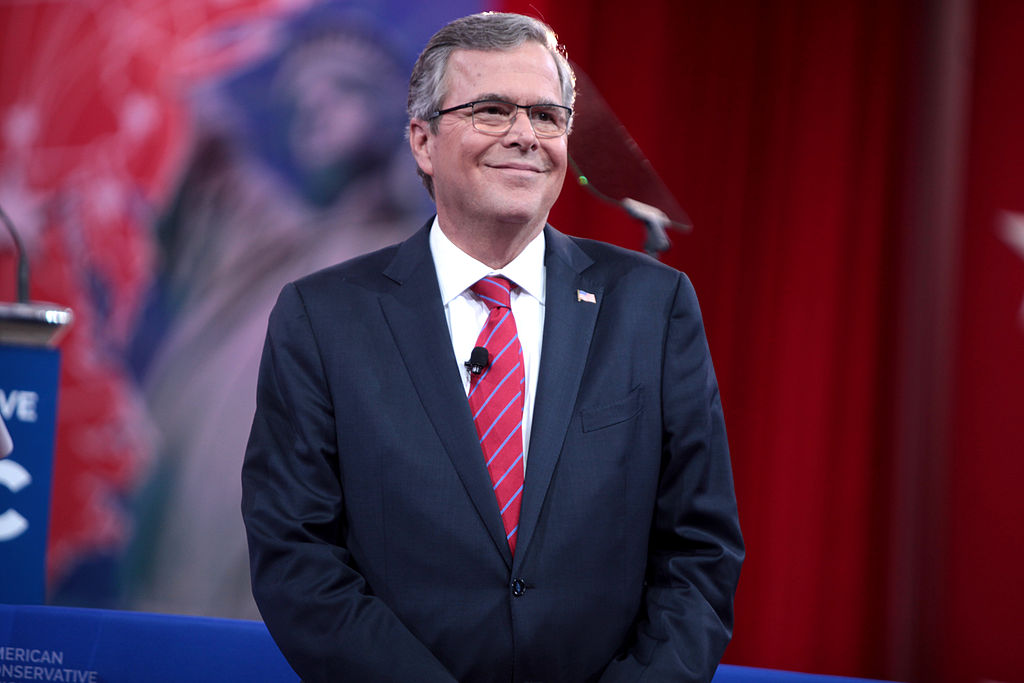The Republican “Clown Car” and the 2016 Presidential Election
How will the Republican primaries play out with so many candidates?

Stephen Henderson talks with Tim Alberta, Senior Political Correspondent for the National Journal, about the candidates for the Republican 2016 presidential nomination.
- Clown car: Alberta says that there are 14 official Republican candidates now, but there will be 17 at least. He says that while Republicans hoped for a deep bench of candidates for 2016, there are so many now that it begins to look like a “clown car”.
- Food fights: Stephen asks if fringe candidates could pull serious candidates into “sideshows” and away from campaigning on their main issues. Alberta says that this is a danger. He says Jeb Bush began his campaign with a promise to avoid political “food fights”, but now has to address Donald Trump. He says that this is part of what happened to Mitt Romney in 2016, and believes Romney was pulled to become more conservative than he really was, which hurt his candidacy.
- Fringe vs. moderate: Stephen asks which wing of the GOP has the upper hand, and if the Tea Party and libertarian-leaning or the more moderate candidates have better chances. Alberta says that this is a key question. He says that historically, the party has supported one moderate candidate early on and provided institutional support, so fringe candidates have not been nominated.
- No obvious favorite: Alberta says this election is different in that there is no one obvious moderate candidate, because Jeb Bush, Marco Rubio, and Scott Walker are all serious contenders. He believes there could be surprises for the “establishment wing”, especially given that moderate Republican candidates lost the last two presidential elections.
- Presidential appointments: A caller asks if Republicans need the presidency to successfully control national politics, given that they are the “party of individual districts” and do well in off-year elections. Alberta says that the presidency is actually very important, because the president nominates Supreme Court judges. He points to recent SCOTUS decisions on the ACA and same-sex marriage as examples of how the president can influence the judicial branch. He also points out that governors and legislatures have “finite power”, and says DC impacts what state-level Republicans can do.
- Uncharted territory: Stephen asks if we can expect to see the field of candidates narrow by the primaries. Alberta says yes, and that there will only be 10 places in the official Republican primary debates. However, he thinks we are in “uncharted territory” because of super PACs, which could allow unpopular candidates with wealthy donors to stay in the race indefinitely.
Click the audio link above to hear the full conversation.
